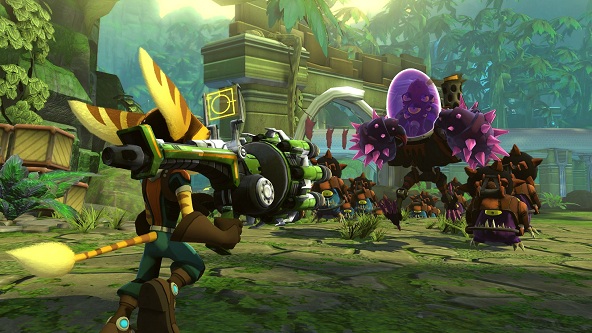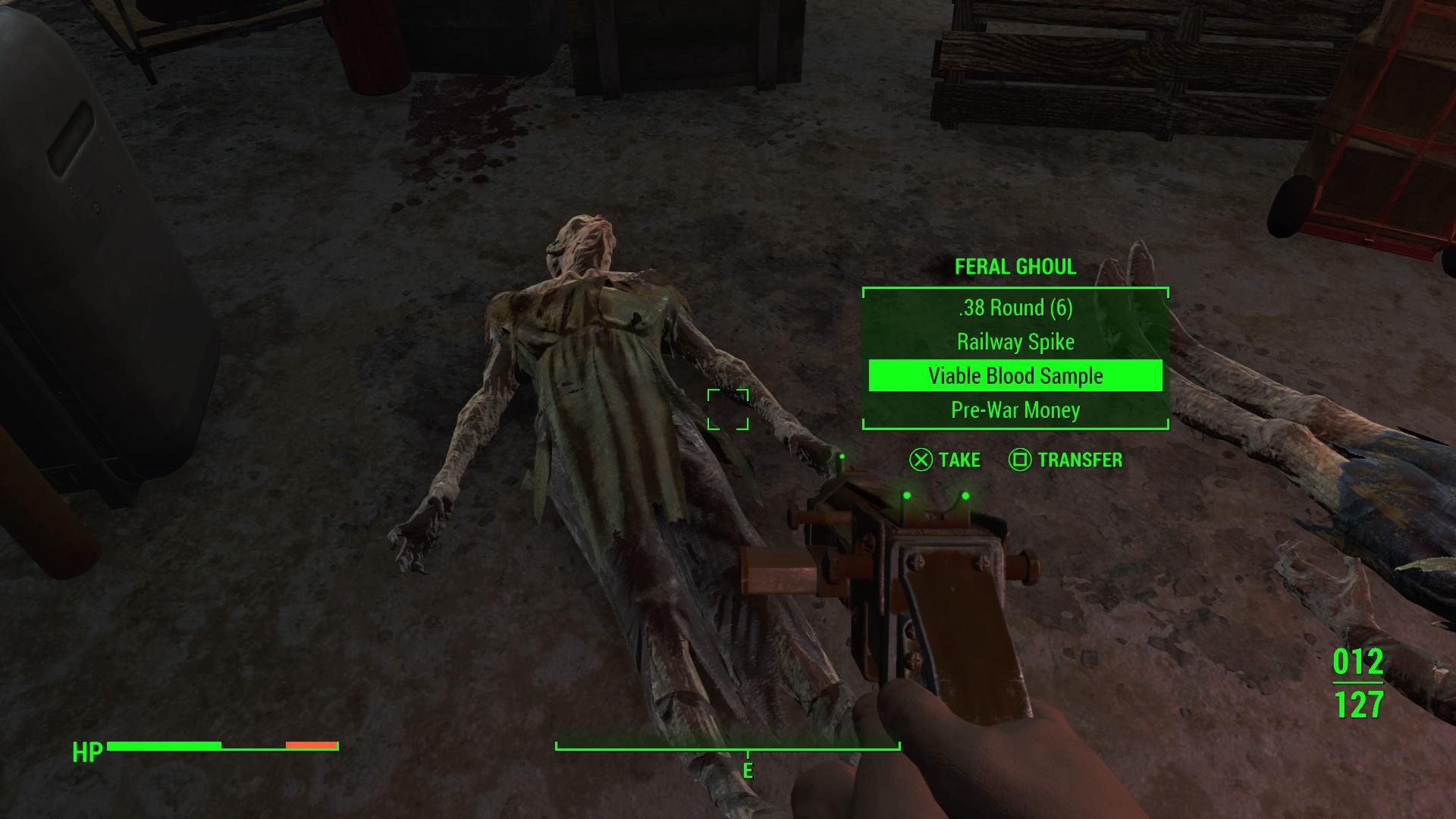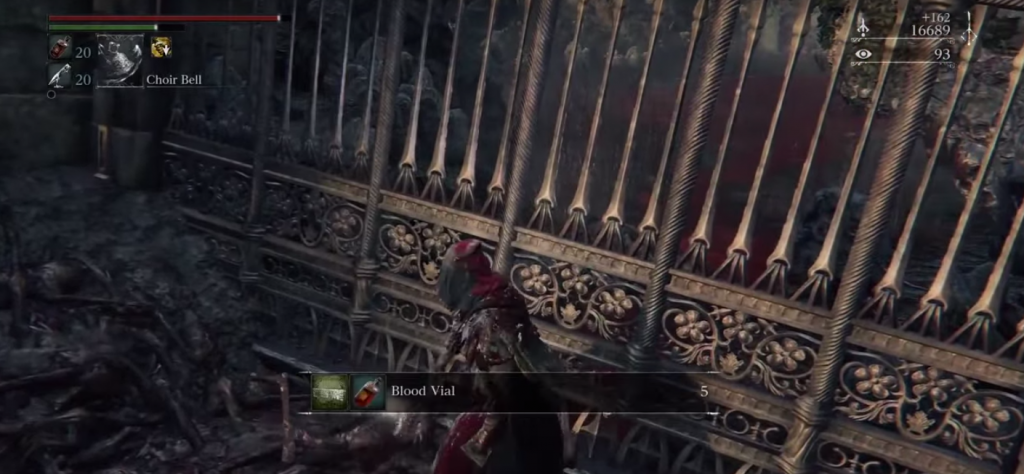

Tharsis isn’t very good, which sucks, because it’s so alluring to me. It’s got a spaceship diorama—hell yes—and science, and gambling. It’s actually played by rolling dice in space. Tharsis looks good, too, and it’s full of things I want to manipulate: a crew of down-on-their-luck astronauts on a journey to Mars, a spaceship with modules I can mess with, dice that roll and bounce and decide who lives and dies. But it’s too random and murderous to be enjoyable.
The goal is to land at least one astronaut on Mars, and it took me about 90 minutes to do that. When I did, it wasn’t all that hard, because the trip was pretty chill. I only had to feed my crew three human meals, and I don’t think I really even needed to—I just like to keep their bellies full, and enjoy the show Hannibal. The five missions before that, however, were much, much crueler. In some, my crew didn’t even get the chance to taste human flesh before choking on fire and suffocating. Poor bastards.
The main problem with Tharsis is that it’s too compact and fluky. You have 10 turns to get to Mars. You’ll know if you’ve lost pretty quickly, and if you win, it’s only because the random numbers are being kind.
On each turn, one or more of your spaceship’s seven modules goes on the fritz, and if left to fester, will damage the ship or crew. To fix all this, you have dice. During a turn, each crewmember can be deployed to a module to repair it. Then, you roll their dice (which actually appear as dice, tumbling over a close-up view of the module interior). The value of each die can be applied to fixing the problem, and any number of them can be rerolled once (twice for one special character). Say we’re dealing with an electrical fire with a value of 12, and I roll two fours and a six. I can drop all my dice in the electrical fire bucket to put it out, and whatever damage it was going to cause at the end of the turn is negated. I can also use multiple crew members on a single disaster—which is often necessary—as the subtraction is permanent.
Just fixing problems doesn’t keep my crew alive, though, and they can’t all be fixed in one turn anyway. The ship will take damage, the crew will lose health, and they have to eat food between turns to replenish their dice supply. They lose one die every time they're deployed, and a crew member with only one die to throw is mostly useless.
So there are other things to do besides fixing asteroid damage and oxygen contamination and all the other things that go terribly wrong on the way to Mars. In the greenhouse module, for instance, two or three dice with the same value can be combined to harvest food. In the laboratory, a die of five or higher can be spent to increase ‘assist,’ a resource which saves you from one of Tharsis’ crueler setbacks—the disasters you’re fixing can curse certain numbers, so rolling, say, a three might injure the crewmember and dock them a point of health. Assists protect you.
There are also crewmember specific actions, and research, and stress. Tharsis’ rulebook is hefty. The in-game tutorial doesn’t really prepare you for it, but the video tutorial helps a lot. It took me a few games to understand all the rules, and Tharsis' bad interface didn’t help. One of my main complaints about the interface is that actions can’t be taken back, so once you move a die, it’s locked in instantly, even if it doesn’t really need to be. Even worse, though: when you want to ragequit, ‘Esc’ does nothing. And you will want to ragequit.
Chance is your opponent in Tharsis. In theory, you can win any game through quality risk management, making every decision to prepare for bad luck. Sometimes it’s better to repair two points of ship hull than solve a problem that will do one damage, for instance. Sometimes food is more important than health. But with luck as bad as mine, no strategy seems viable. Sometimes I encounter an event with three cursed ‘hazard’ numbers, each which causes injury, and everyone I send in to fix it dies. Sometimes every event conspires to damage the ship, and I can never roll all the dice I need to solve all of them. When the numbers are against me, I fail. When Tharsis is being nice, the 10 turns are a breeze.
There are so many variables at work, I felt for a while that I just wasn’t good at the damn game. Maybe I should’ve sacrificed a crew member for their meat instead of sparing them? Maybe then I would have won? Probably not. I’ve run through the gauntlet enough times now to know that most goes at it are just going to end in failure. If I ever earn a high score, it’ll be because the trip was easy. If the randomly assigned events treat me well, then sure, I’ll make it to Mars and experience all the cutscenes on the way (they aren’t really worth it).
If everything goes wrong, though, I’ll lose, no matter how clever I was with my resource management. With only 10 possible turns per run, a single bad dice roll can end the game. Tharsis only kept me going until I beat it, and my motivation was all spite: ‘I will beat you, you damn stupid game!’ And then I did, and I didn’t play better, it just treated me better. I don’t see any reason to go back to this very attractive space travel gambler, except maybe for the greyed-out ‘missions’ option—but that's an update to come, and there’s nothing else to do right now but try and fail at a 10 turn death race. I was bored as soon as Tharsis let me win. It’s is a tough, fun game when the random events and dice rolls make it so, but its winnability is so dependent on chance that it mostly feels like losing at video poker.
As Executive Editor, Tyler spends a lot of time editing reviews. He hates the words "solid," "visceral," and "deep," and will delete them on sight unless they're in a sentence about how much he hates them.
THE VERDICT



 Sword Art Online: Lost Song - How to Get Excalibur
Sword Art Online: Lost Song - How to Get Excalibur The Witcher 3: Wild Hunt Guide: How To Find a Hidden Chest Off-Shore
The Witcher 3: Wild Hunt Guide: How To Find a Hidden Chest Off-Shore How to Fix Fallout 4 Crashes, Freezes, Black Screen and Other Problems
How to Fix Fallout 4 Crashes, Freezes, Black Screen and Other Problems Bloodborne: The Old Hunters – Here's how to farm Blood Vials
Bloodborne: The Old Hunters – Here's how to farm Blood Vials Not About The Food: When Reviews Become War
Not About The Food: When Reviews Become War